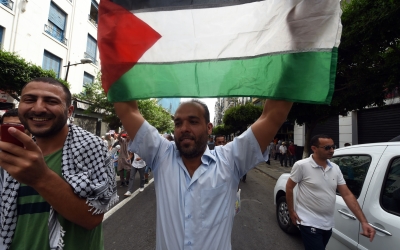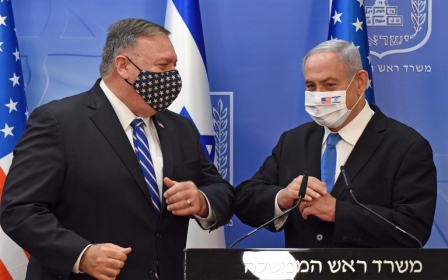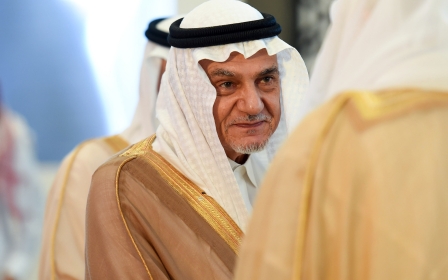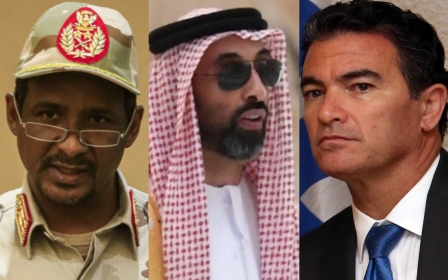UAE-Israel deal: Morocco officially rejects normalisation with Israel
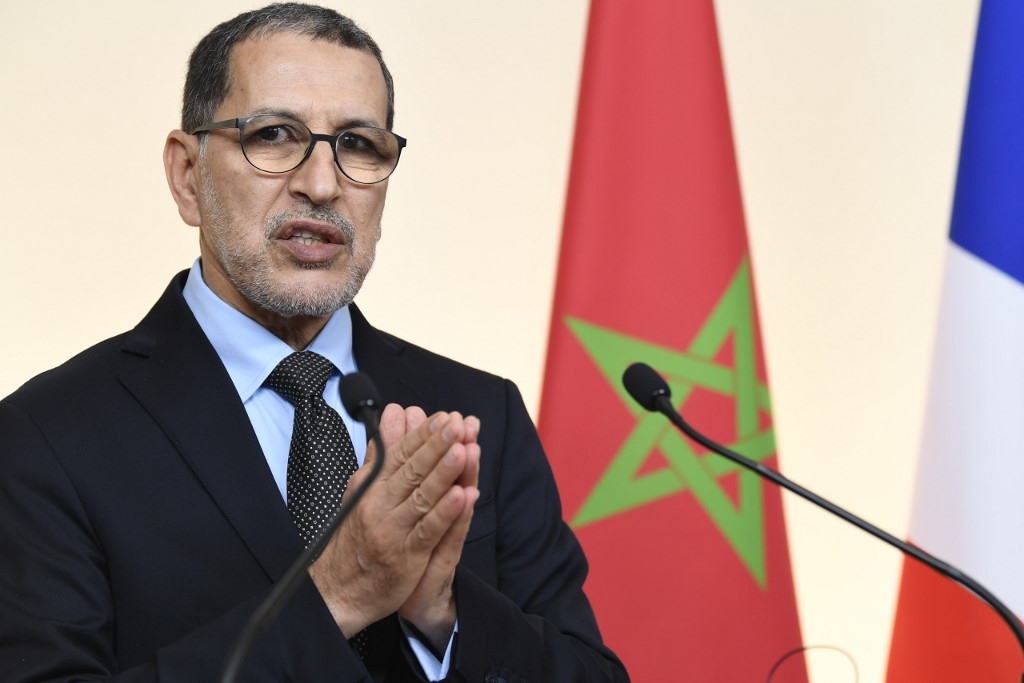
Morocco’s Prime Minister Saad-Eddin El-Othmani declared his government’s rejection of normalisation with Israel, in the first official reaction to the US-brokered deal between Israel and the United Arab Emirates.
The deal, announced on 13 August, has triggered mixed official reactions by Arab countries and has been denounced by the Palestinians as an act of “betrayal” and a prelude to more persecution and violations of their legitimate rights.
There has been no other official reaction by Moroccan authorities since the deal, but a number of Moroccan writers and scholars nominated for the Sheikh Zayed Book Award - scheduled to be held in the UAE early next year - have announced their withdrawal in protest against the normalisation agreement.
“Morocco’s stance, both that of the government, the king and the people, is to defend the legitimate rights of the Palestinian people and the Holy Mosque of Al-Aqsa,” Othmani said during a parliament session on Sunday.
“These are red lines for Morocco, and hence our rejection of any compromises in this respect and any process of normalisation with the Zionist entity [Israel],” he added.
“Any normalisation with the Zionist entity amounts to encouraging it to increase its violations against the Palestinian people."
A spokesman of the Palestinian group Hamas, the de facto ruler in the Gaza Strip, has welcomed Othmani’s comments as “positive” and contrary to many other pro-normalisation comments by UAE allies.
Morocco supports the two-state solution, with East Jerusalem as the capital of a Palestinian state.
King Mohamed VI serves as the chairman of the Jerusalem committee at the Organisation of Islamic Cooperation, a position previously held by his late father King al-Hassan II.
Morocco and Israel began low-level ties in 1993 after an Israeli-Palestinian peace deal was reached. But Rabat suspended relations with Tel Aviv after the outbreak of a Palestinian uprising in 2000.
While Morocco does not have official relations with Israel, earlier this year, Amnesty International revealed that Israeli spyware was used by Moroccan authorities to target Moroccan activists.
Meanwhile, Israeli media reported in February that Israeli Prime Minister Benjamin Netanyahu had lobbied the United States to recognise Moroccan sovereignty over the disputed Western Sahara region in exchange for Rabat taking steps to normalise ties with Israel.
Middle East Eye delivers independent and unrivalled coverage and analysis of the Middle East, North Africa and beyond. To learn more about republishing this content and the associated fees, please fill out this form. More about MEE can be found here.


